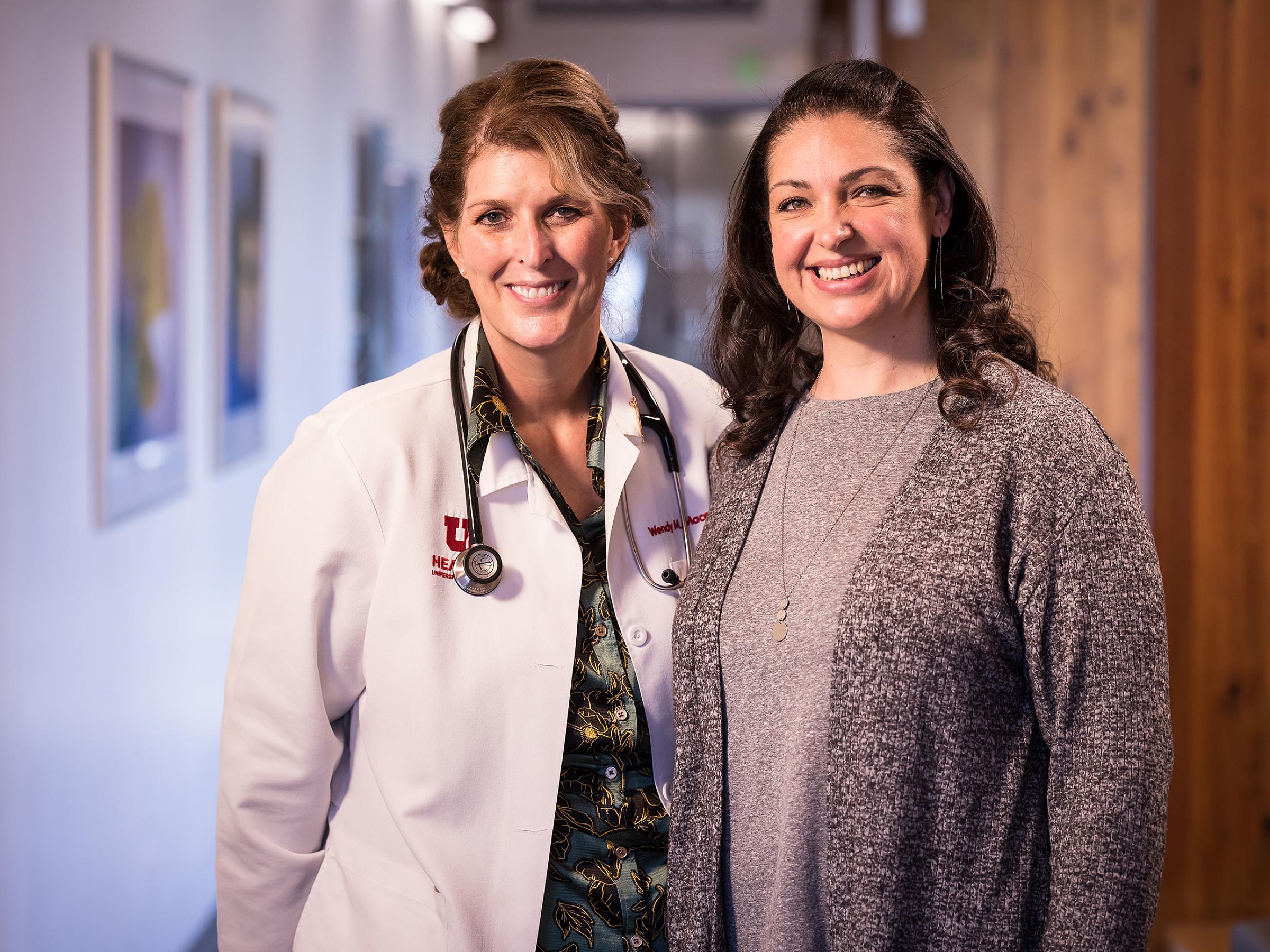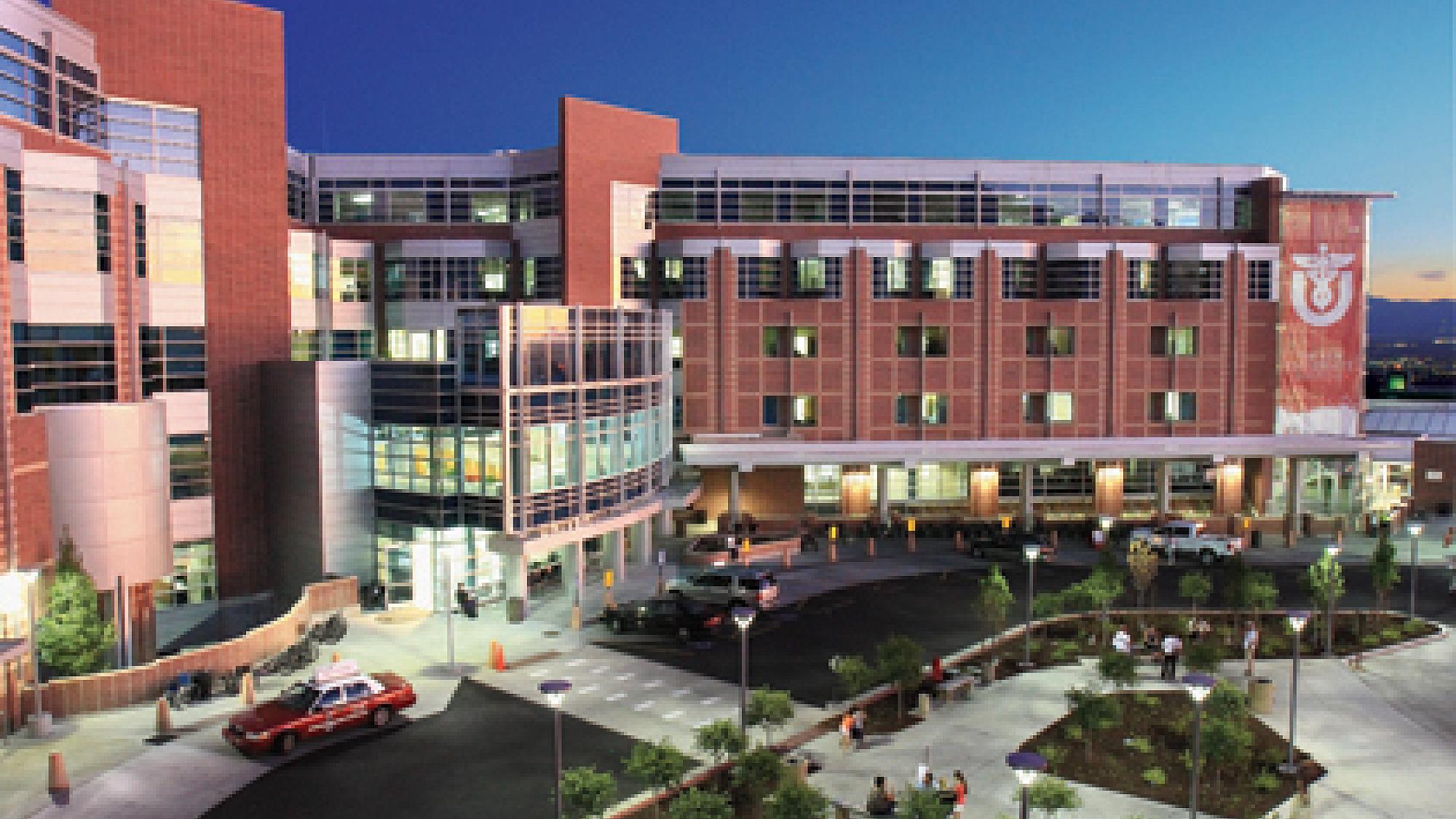What Is a Primary Care Doctor?
You probably know that primary care doctors treat aches, pains, and colds and give regular check-ups and physicals. But did you know that primary care doctors treat all diseases except for the most uncommon or unusual ones?
Primary care doctors—or general practitioners (GPs)—play an important role in keeping you healthy throughout your life. Your primary care doctor is a champion for your health. They should be your first point of contact when you need services. They can also provide much of the health care you need.
What Do Primary Care Doctors Treat?
Primary care doctors treat most health problems—from removing a mole to treating thyroid disorders. Some family medicine providers even treat more specialized conditions, including:
- infertility,
- eating disorders,
- sports medicine conditions (like sprains and injuries),
- prediabetes, and
- Hepatitis C.
Depending on the doctor, some primary care providers also offer LGBTQ care, including care for transgender individuals.
What Kind of Doctors Offer Primary Care?
Different doctors provide primary care for you and your family. Primary care doctors include:
- family medicine doctors (family medicine),
- internal medicine doctors (internal medicine), and
- pediatricians (pediatrics).
Which kind of doctor is best for you will depend on your needs and goals.
- Family medicine doctors care for you and your family. They treat people of all ages and genders—from newborns to the elderly. For these reasons, family medicine doctors are a good option for people who’d like to have one doctor care for their entire family.
- Internal medicine doctors care for adults.
- Pediatricians have special training and expertise in caring for infants, children, and adolescents.
- Geriatricians have special training in caring for older adults by connecting them with services and resources as they age.
Obstetrics & Gynecology
When it comes to women’s health, don’t forget that many types of primary care doctors can provide women’s health services:
- Pap smears, pelvic exams, and well-woman exams
- Mammograms
- Family planning and contraception
But if you’d like to see a doctor who has specialized training in women’s health issues, an OB/GYN is a better choice for you.
Geriatrics
Some primary care doctors focus on caring for older adults. If you're older, you may benefit from seeing a geriatrician, a type of primary care doctor. Geriatricians can help you prevent and treat health problems and disabilities as you age.

Primary Care Doctors vs. Specialists
If you need more specialized care, your primary care doctor can coordinate your care and refer you to a specialist. A specialist is a doctor who has advanced training in a certain area of medicine. Cardiologists, for example, specialize in caring for your heart. Nephrologists specialize in caring for your kidneys.
Specialists have training in caring for certain parts of your body or treating certain diseases.
Find a Primary Care Doctor
How to Choose the Right Care
Can a Primary Care Doctor Help Me Stay Healthy?
A big part of staying healthy is making sure you receive regular medical care—even if you feel well or don’t think you’re sick. Having a healthy diet, staying active, and avoiding harmful substances like alcohol or nicotine can set you up for a lifetime of good health and make sure you stay clear of serious, preventable diseases like diabetes and heart disease.
Sometimes life is stressful. When we’re busy, tired, or anxious, it can be easy to develop unhealthy behaviors like eating junk food or drinking too much alcohol. Primary care doctors can help you set good habits and manage stress and anxiety in productive ways.
Primary care doctors also help you prevent or manage long-term (chronic) diseases, including:
- diabetes,
- high blood pressure (hypertension),
- heart disease, and
- depression or anxiety.
Health Promotion & Disease Prevention
Another part of being healthy is setting goals so you can get healthier over time. Primary care physicians help you set and monitor your health-related goals, also called health promotion.
Your primary care doctor will also counsel you on how to prevent diseases.
Give Your Child a Healthy Start: Make Sure Your Child Gets a Physical
Primary care is just as important for children as it is for adults. One of the best things you can do to keep your child healthy is to make sure your child gets a physical every year.
Physicals, also called well-child exams or check-ups, make sure your child is healthy and is meeting all the developmental milestones for children of the same age. Physicals make sure your child:
- is growing normally compared to other children,
- doesn’t have any serious childhood diseases,
- has normal vision and hearing, and
- has up-to-date, life-saving vaccines and immunizations.
Most insurance plans cover physicals. It won’t cost you money to make sure your child gets the regular health care she needs.
Plus, research shows that children who have a primary care doctor stay healthier as they get older.
Sports Physicals for Your Child
If your child plays sports, they’ll need their yearly check-up before they can join the team. University of Utah Health also offers physicals for student athletes at 11 convenient locations across the Wasatch Front.
To schedule your child’s physical, call 801-213-9500. You can also visit one of your convenient Neighborhood Health Center locations for your little athlete’s sports physical.
Pharmacy Services: Mail Order Pharmacy
Pick up your prescriptions as several convenient health centers along the Wasatch Front or register for mail order pharmacy.
Resources
What to Know About Preventive Care
Did you know that the same doctor can treat your depression, remove a suspicious mole, and help plan the timing of your next baby? Primary care doctors can provide most of the care you need.
How to Find a Primary Care Provider
There are several types of PCPs, including those who treat certain patients or age groups. Learn about each type of primary care provider and tips for choosing your health care provider.
What Is Primary Care?
Did you know that the same doctor can treat your depression, remove a suspicious mole, and help plan the timing of your next baby? Primary care doctors can provide most of the care you need.
10 Common Health Care Terms: Do You Know Them?
Understanding the phrases and terms your doctors use to talk about health care can be challenging. Take charge of your health by learning some basic terminology.
Hear From Our Patients
Patients and Primary Care Providers: A Partnership For Life
"Primary care is the heart of medicine,” says Wendy Macey, PA-C, a family medicine primary care provider (PCP). “It’s the bedrock of where health care comes from. Amenthist Gibbs, a patient of Macey’s for nearly a decade describes her partnership with Wendy Macey.





